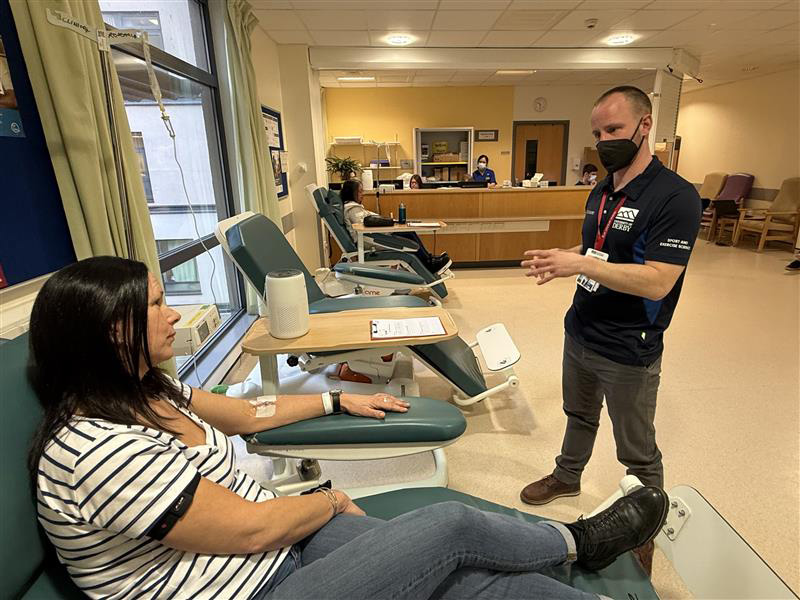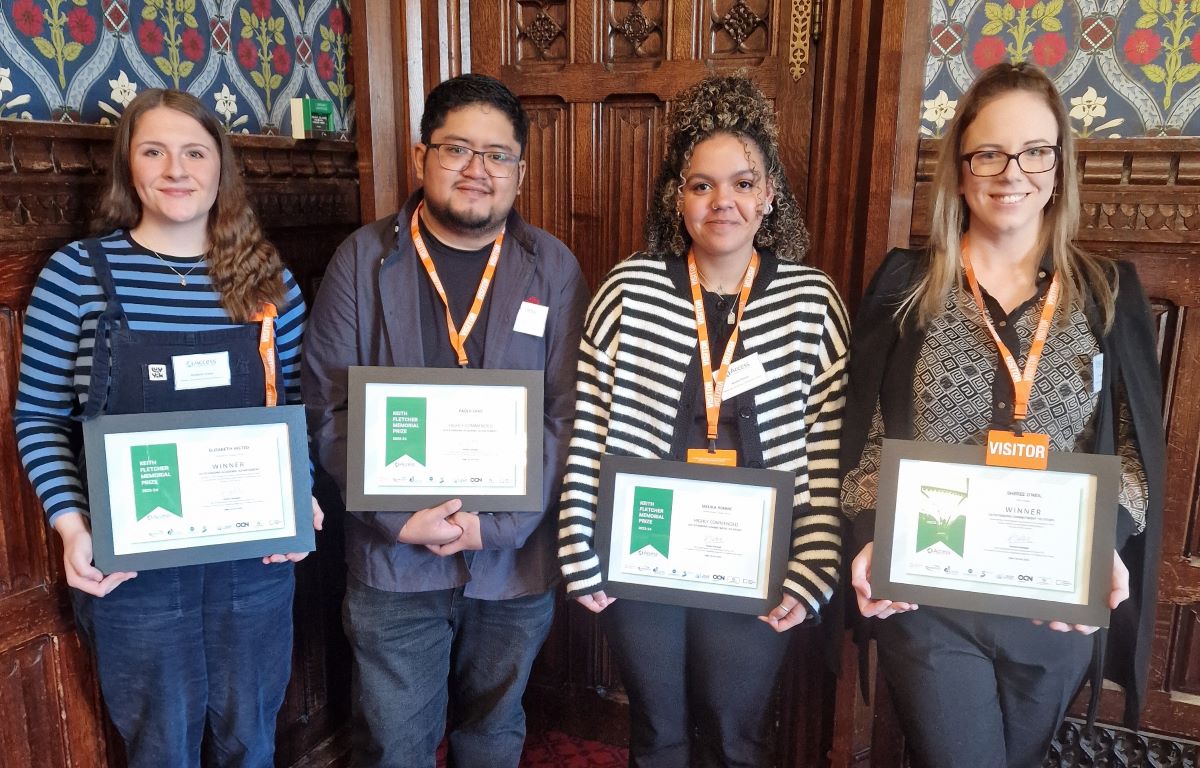Eliminating digital poverty has to be at the top of the priority list

It’s a startling fact that, during the Covid pandemic, one fifth of UK students did not have access to laptops or digital devices, and today, one in six in higher education are considering leaving university studies due to the cost of living crisis. This is a wholly unsustainable position which needs to be addressed.
I firmly believe that eliminating digital poverty should be at the top of the national priority list for all higher education institutions and the Government as part of its Levelling Up agenda. Future generations, no matter what their background, need access to the right technology and should also have the opportunity to be immersed in innovative learning environments offered by further education establishments.
This is the bare minimum needed to equip them with the ever-changing digital skills that will be demanded of them throughout their careers. Because let’s face it, the digital skills gap is all the more real now as businesses and organisations seek the very best practical skills in areas such as programming, robotics, coding, AI and much more.
Qualifications and access to further education remain key to life chances. Digital inclusion is a necessity in terms of young people feeling able to progress with further education. Progression is made infinitely more difficult if disadvantaged communities are priced out due to a lack of financial support and accessibility.
Last year, despite calls from multiple vice-chancellors and higher education bodies, the Government only provided an extra £20m to support students facing digital poverty in England, which did little to reduce the social inequalities and digital divisions we are seeing. In today’s economic crisis, we need much greater support to ensure young people have equal access to education, wherever they live and whatever their background.
According to the Digital Poverty Alliance, around 11 million people in the UK lack the digital skills needed for everyday life, and only 36 per cent of those with no formal educational qualifications use the internet, compared to 95 per cent of those with higher education qualifications. Furthermore, 20% of young people aged 8-24 lack the ability to get online.
The Greater Manchester Combined Authority also revealed that over 1.2 million people – 42% of the city-region – are digitally excluded, while their estimations report over 100,000 children in Greater Manchester (around one in five) are without digital access. From an education perspective, this exclusion results in young people from poorer households across Greater Manchester being less likely to attend university than their more affluent peers. This just should not be the case in 2022.
Through having less disposable income, we know there is a struggle to afford basic essentials including digital devices and connectivity, putting them at a much higher risk of becoming digitally excluded. In today’s online world, this lack of device accessibility then leads to greater disclination to train or learn and the spiral continues.
All combined, we have a recipe which is simply unsustainable. We must ensure that children and students not only have access to devices and connectivity but also to the training and learning opportunities they deserve. There is no single fix to this issue, it’s not just about laptops. The Government needs to refocus efforts on digital poverty within the Levelling Up Agenda to counter the divisions currently being experienced in the North West.
This month, we are opening a multi-million pound Digital Academy at our Old Trafford campus, a move funded by the independent regulator for higher education, the Office for Students (OfS), earlier this year. It will create an extra 380 places for students, and will be open to Greater Manchester residents looking to learn digital skills to aid employment chances. This is very much an intentional step towards digital inclusivity, as well as our drive to raise aspirations and open up access to everybody who wants to get hold of career-ready skills. Nobody should be left behind.
Facilities in the space include a robotics lab, a fully immersive 360-degree Igloo learning space, AR capabilities in classrooms and digital media labs. Fully accredited computer science degrees, degree apprenticeships and professional body certified short courses will include Dev Ops, Cloud, Linux, data science, cyber security, AR, VR and AI.
It will also become a tech hub for the wider North West community, offering apprenticeships, digital short courses and training bootcamps. How exciting is this prospect? To open our doors to hundreds of more people a year, giving them access to cutting edge technology in the very best innovative education space possible, we hope will hugely inspire and cultivate a love of learning no matter what your background.
By opening venues such as our Digital Academy, the higher education sector can act as a catalyst for digitally upskilling, raising aspirations and helping to plug the skills gap. Access to high quality and industry-led education within a digitally-enabled learning environment is proven to boost employability and open opportunities. Degrees that aren’t including digital skills are unusable in the workforce of the future and that’s why our launch here today is so important for the region.
I’d really like to see more funding for and investment in this kind of space. It’d be incredibly powerful for other institutions to embrace a similar approach to ensure that the needs of every community across the country are met. Only this way will we begin to eliminate digital poverty.
By Sara Prowse, CEO of University Academy 92 (UA92), co-founded by Lancaster University and the Class of 92.











Responses